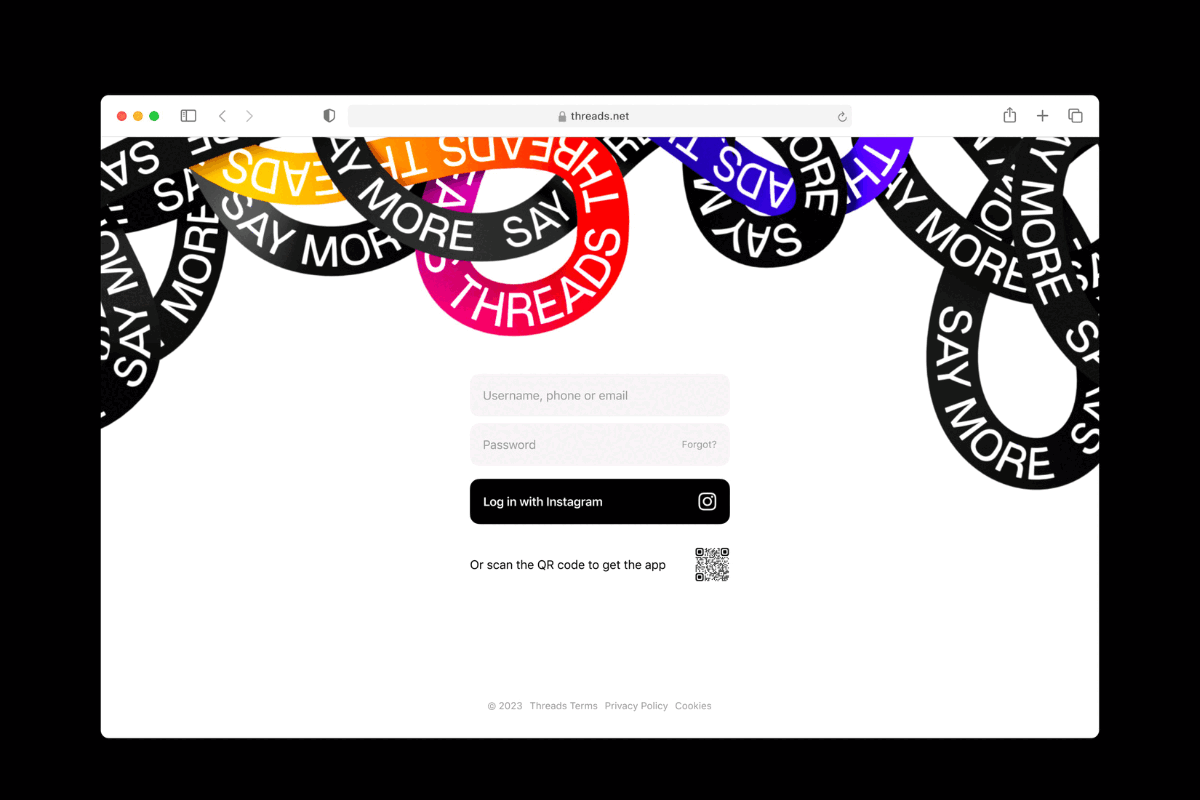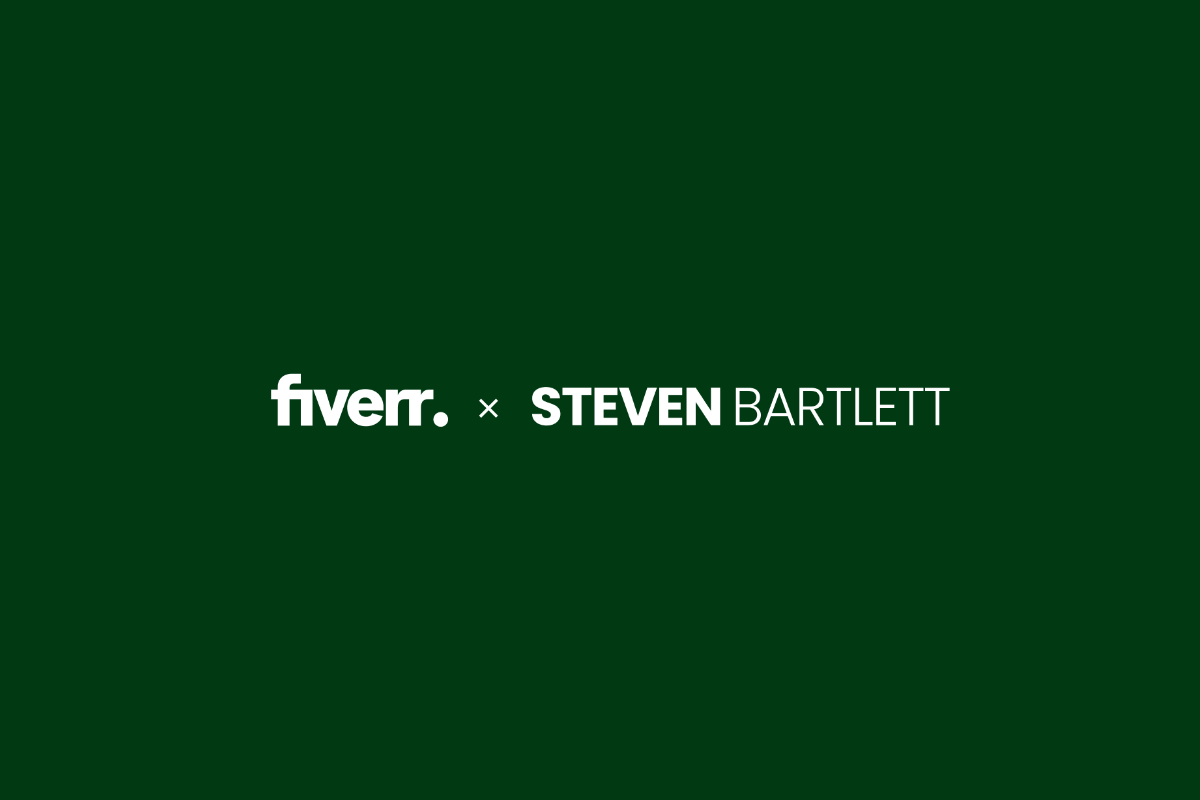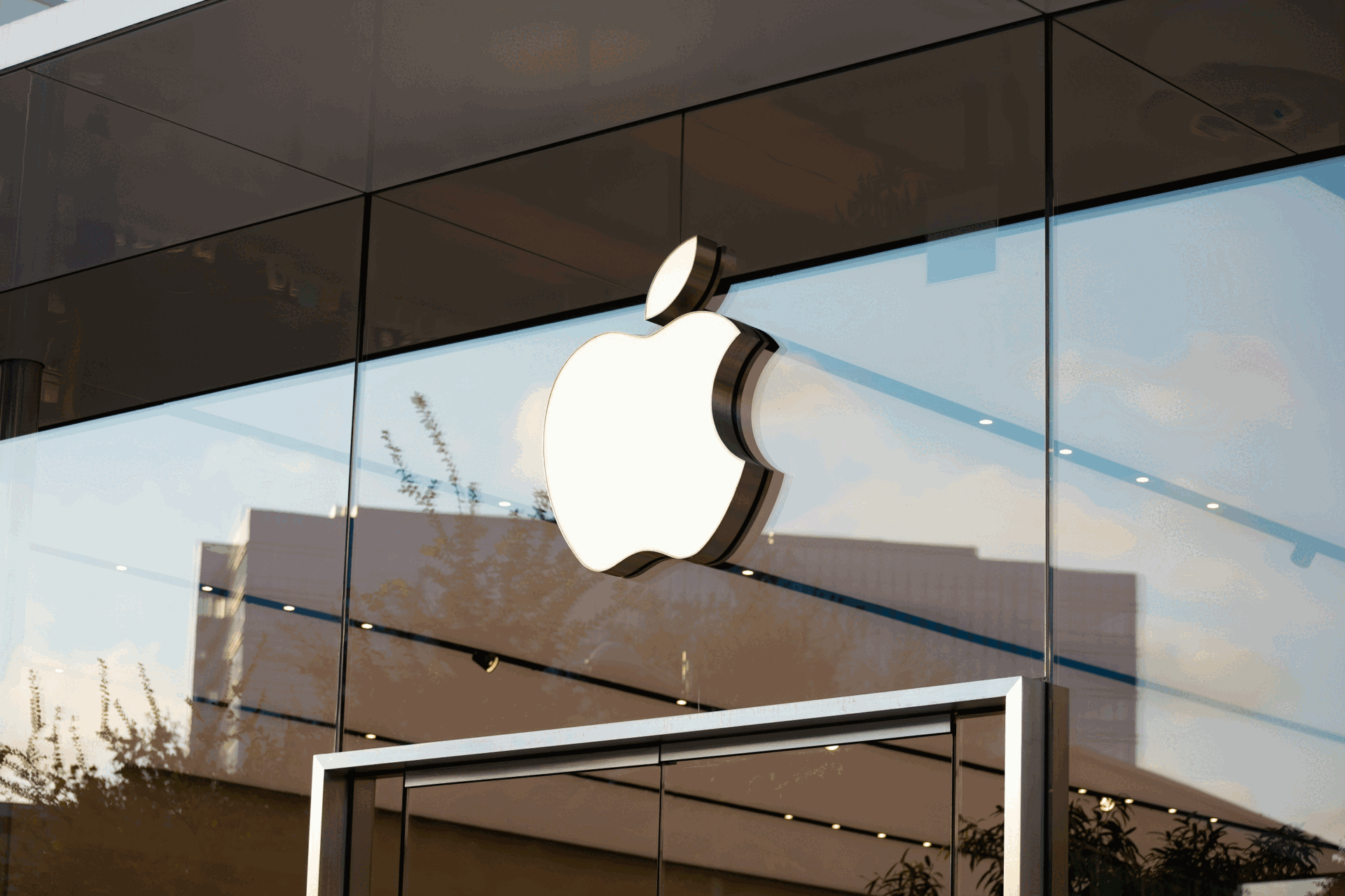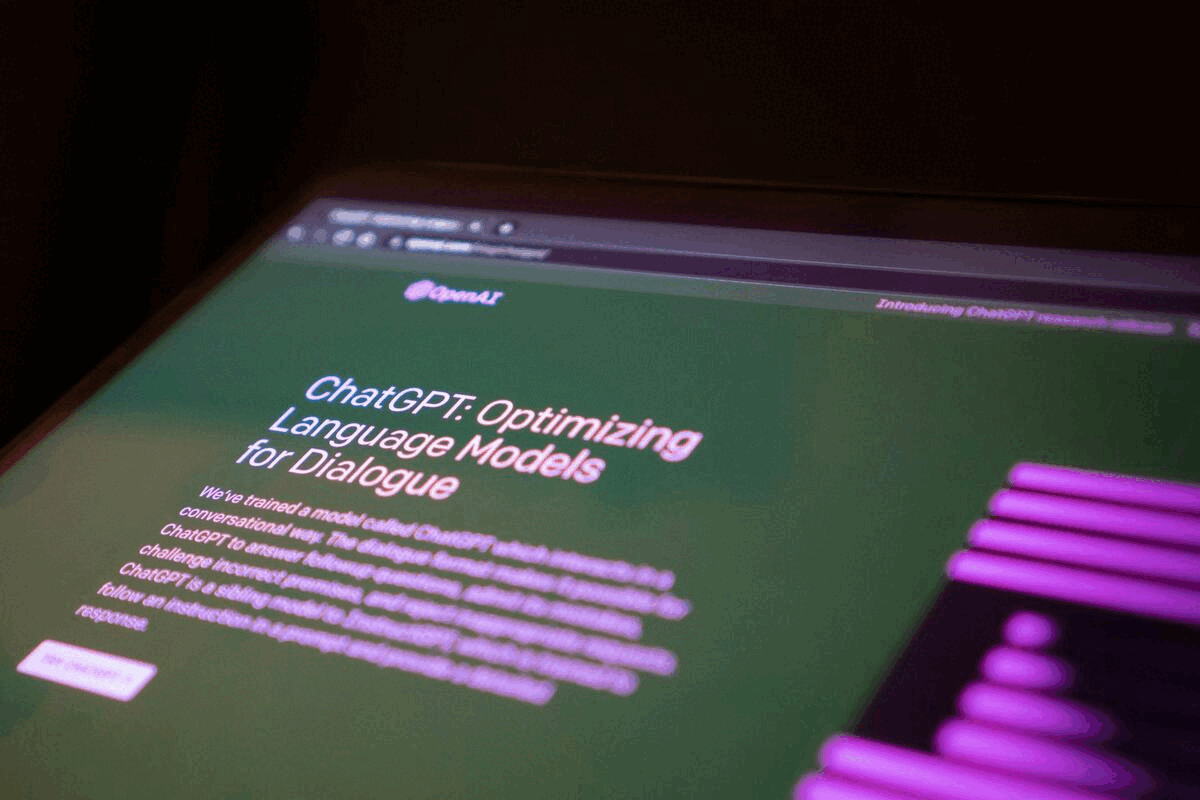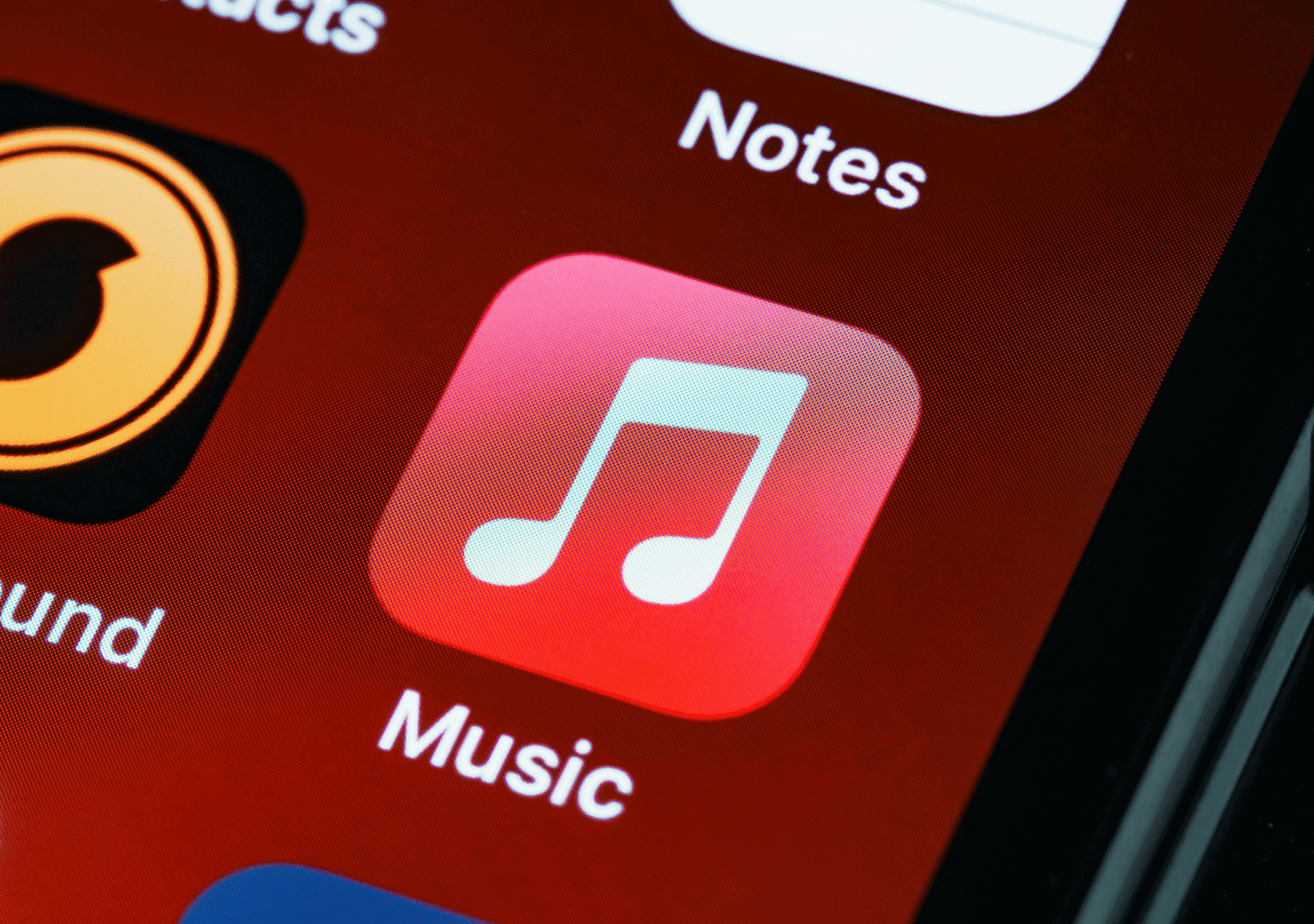 Mobile music streaming services seem to be big business at the moment. Just yesterday Twitter launched its #music service, and we reported that their combined revenues will rise 40 per cent this year to $1.7bn, according to Juniper.
Mobile music streaming services seem to be big business at the moment. Just yesterday Twitter launched its #music service, and we reported that their combined revenues will rise 40 per cent this year to $1.7bn, according to Juniper.
The current big players – like Deezer, Spotify, Pandora – take two main approaches to the consumption of music. They either give the user an enormous library of tracks they can browse and listen to at their leisure, or provide a personalised radio-style service, which chooses the music for the user, based on their preferences.
But these arent the only options, as MusicQubed goes to show.
Automatic for the people
MusicQubed offers its player to brands on a white-label basis – its first release was a tie in with Now! Thats What I Call Music in January 2011. Since then, its partnered with Samsung for a Top 40 app, which was available exclusively on the OEMs handsets, and most recently its powering O2 Tracks, currently receiving a big £9m marketing push from the operator.
Its main point of difference is that users arent offered all-u-can-eat libraries, or a random stream of tracks, but rather a small selection of pre-set playlists.
“Its aimed at the mass market, the casual listener who wants something thats simple to use and gives them the music thats most popular on radio,” says MusicQubed CEO Chris Gorman. “Our apps deliver curated playlists and charts, which are cached on the device, so that users can download all of the content overnight and listen to it the next day.”
Different class
 The apps are monetised through a subscription of £1 per week. In the case of O2 Tracks, the networks subscribers are offered eight weeks of free access, while for non-O2 customers the trial period is just two weeks.
The apps are monetised through a subscription of £1 per week. In the case of O2 Tracks, the networks subscribers are offered eight weeks of free access, while for non-O2 customers the trial period is just two weeks.
“I think its been quite a refreshing strategy to offer the service out to non-customers as well as existing subscribers,” says Gorman. “The marketing has targeted both markets, and while there are additional benefits for O2 customers – and weve seen more of a weighting towards take-up from these users – I think its a smart move to use it as an acquistion tool.”
The idea is that O2 Tracks could give a sneak preview of the value-added services the operator offers, and possibly convert them.
Thats the key to MusicQubed – its offering operators and manufacturers a point of differentiation, in an increasingly crowded and homogenised market.
“A brand like O2 wants to offer these services under their own brand, rather than the traditional OTT partnerships with an established music brand,” Gorman says. “Were exploring now how we can tie all of their different music propositions together into one mobile music offering, linking up their Priority Tickets and O2-branded venues in a holistic way.”
O2 Tracks has already proved successful – when we spoke last week, the app has surpassed half a million downloads, hitting the top spot of the App Stores Music Category, and #6 overall – but this close-knit branding is possibly the best selling point MusicQubed has to offer.
As all handsets start to look the same, and network tarriffs get more complicated, its these little differences that can be the tipping point in the decision to buy Samsung over HTC, or O2 over Orange.
Join us at the Mobile Retail Summit, London, 24 April.




